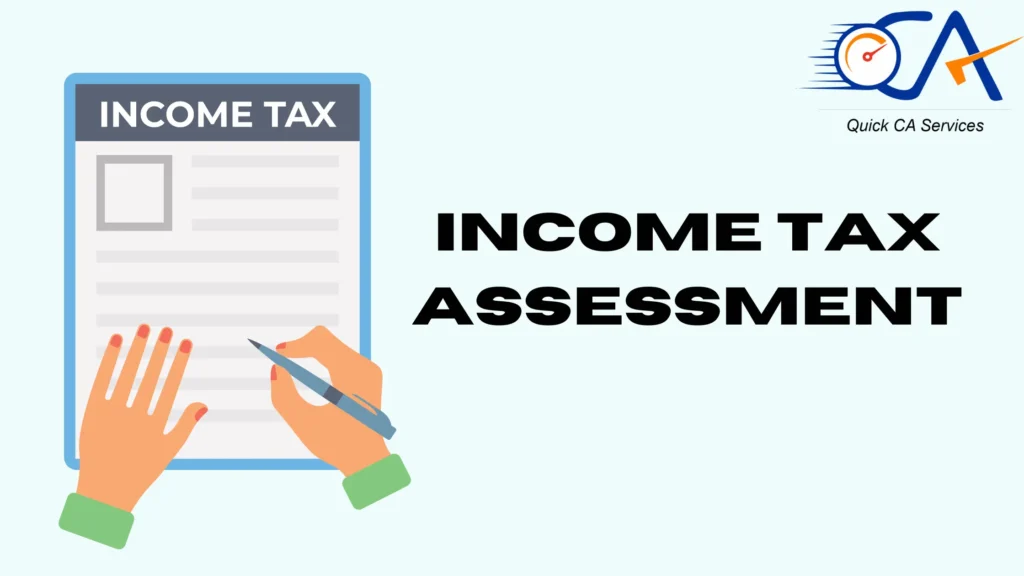
Income Tax Assessment: Types of Assessment in Income Tax
Income tax assessment is a critical aspect of financial planning. It determines your tax liability. In this post, we’ll explore the types of assessments in income tax. We aim to provide you with clear, actionable insights.
Understanding the Basics of Income Tax Assessment
Income tax assessment is a method to calculate tax dues. It’s performed by tax authorities. This process ensures fair and accurate tax collection. We’ll delve into its various forms, simplifying complex tax concepts.
1. Self-Assessment
Self-assessment is the initial step in tax filing. You calculate your tax liability. It’s essential to include all income sources accurately. Proper documentation and adherence to tax laws are key here. This approach streamlines the tax filing process.
2. Summary Assessment
Summary assessment is an automated verification. It’s done by the Income Tax Department. This check ensures your filing accuracy. It’s less intrusive and mainly focuses on calculation errors. Timely and accurate filings generally pass this assessment smoothly.
3. Scrutiny Assessment
Scrutiny assessment involves a detailed review. It’s conducted for selected returns. The aim is to verify the accuracy of the information provided. If chosen, you may need to submit additional documentation. It’s essential to respond promptly and accurately.
4. Best Judgement Assessment
Best judgment assessment applies in non-compliance cases. It occurs when taxpayers fail to file returns. The tax officer assesses your liability to the best of their ability. It’s crucial to file returns to avoid this arbitrary assessment.
Understanding income tax assessments is vital. It helps in effective tax planning and compliance. Whether you’re a professional or a business owner, this knowledge is beneficial. We encourage you to share your thoughts and experiences below. Your input is valuable to us and our readers. Share this post to spread knowledge on income tax assessments!
